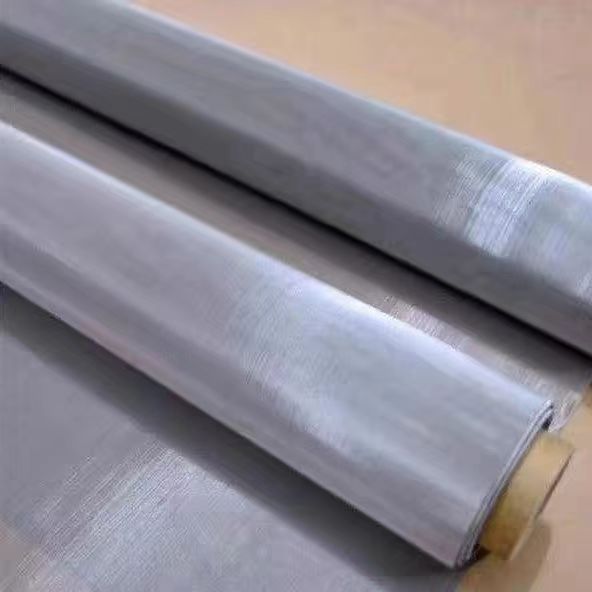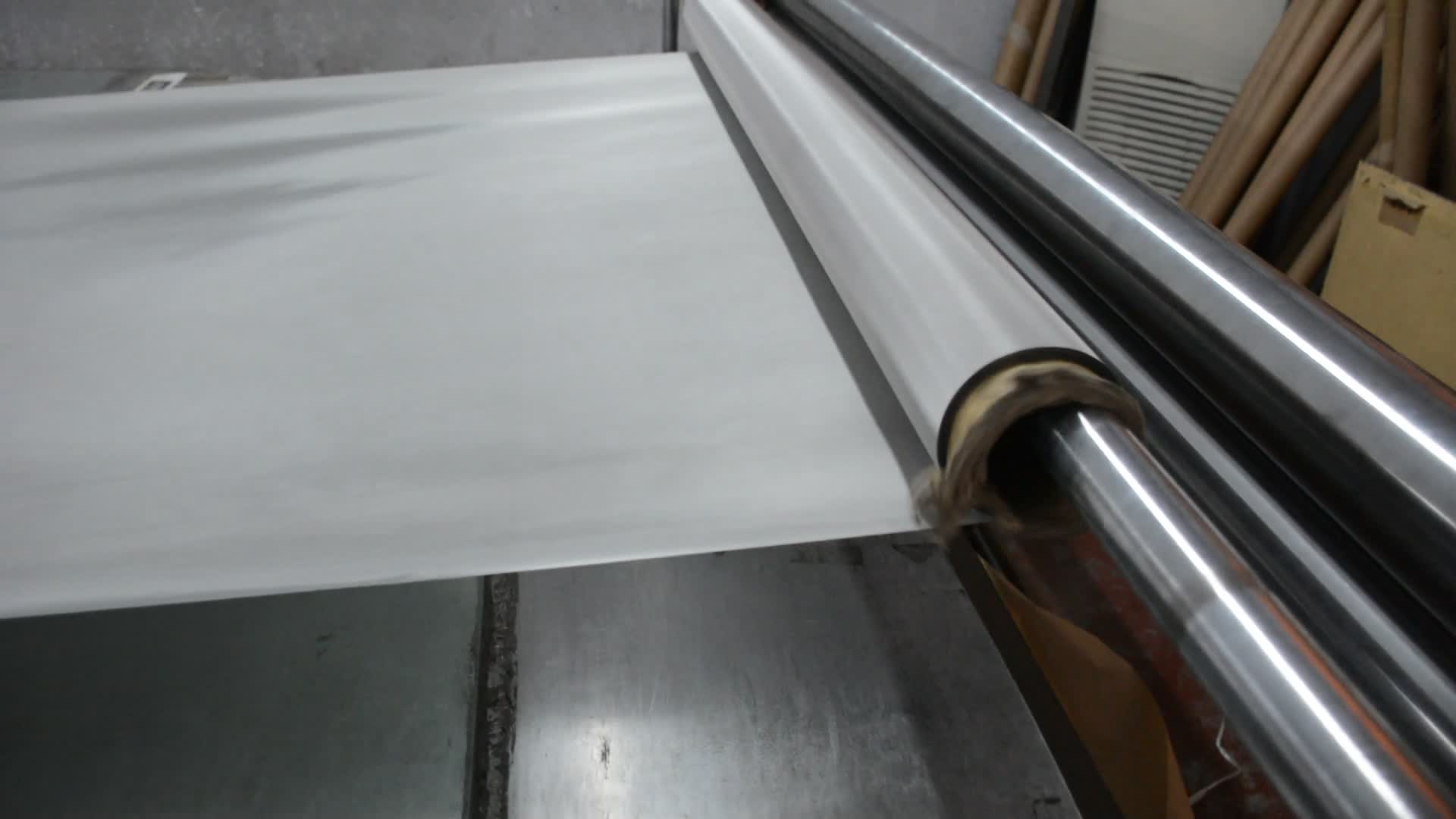Here are some key features and uses of stainless steel industry filtration woven wire mesh:
Key Features:
1. Corrosion Resistance: Stainless steel, being an alloy of iron with at least 10.5% chromium, offers superior resistance
to corrosion compared to other metals. This makes it ideal for environments where exposure to moisture or chemicals
can lead to degradation.
2. High Strength and Durability: Stainless steel woven wire mesh is strong and can withstand significant mechanical
stress without deformation or failure.
3. Fine Mesh Options: It can be produced with very fine openings, making it suitable for filtering out tiny particles in
liquids and gases.
4. Versatility: The mesh can be customized in terms of size, shape, and weave pattern to meet specific filtration requirements.
5. Temperature Resistance: Stainless steel has good thermal stability, allowing the use of the mesh in high-temperature
applications without losing its structural integrity.
Applications:
1. Industrial Filtration: Used in oil and gas industries for filtering impurities from crude oil and gas. Also utilized
in chemical processing plants for filtering solvents and other corrosive substances.
2. Food and Beverage Industry: Stainless steel meshes are used for filtering beverages like beer, wine, and juices,
as well as for sieving food products like flour and spices.
3. Pharmaceutical Industry: In the production and purification of pharmaceuticals, where precise particle control
is crucial.
4. Aerospace: Used in air filters for aircraft engines to ensure clean air intake and prevent engine damage.
5. Water Treatment: In water filtration systems to remove particulates and contaminants from water supplies.
6. Automotive Industry: Used in fuel filters, air filters, and other components requiring high-quality filtration.
Stainless steel industry filtration woven wire mesh is a versatile material due to its combination of corrosion
resistance, strength, and flexibility in design. Its wide range of applications across different industries underscores
its importance in maintaining quality control and efficiency in processes that require effective filtration.















